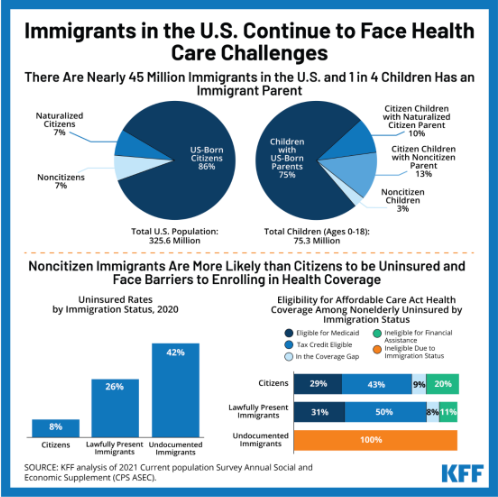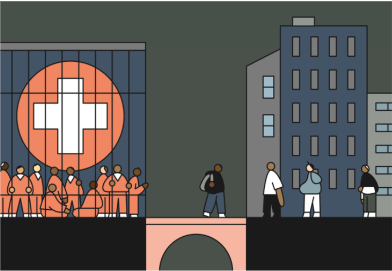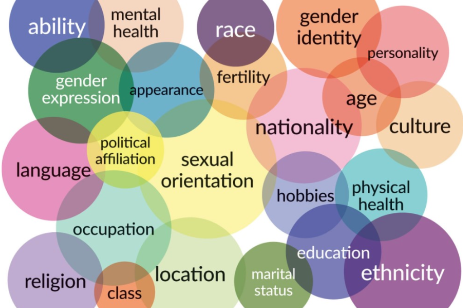Unit 4: Building Trust with Diverse Populations
Inclusive Policies & Considerations for Immigrants
- Immigration status
- Because of their status, undocumented immigrants encounter many barriers to care (Pagano, 2014).
- These barriers include
- Limited English proficiency
- Work demands
- Internalized stigma
- Lack of health insurance
- Future policies and considerations should factor in these treatment barriers and create and/or highlight recovery resources available to immigrants.

Inclusive Policies & Considerations for Formerly Incarcerated Folks
- Formerly incarcerated individuals experience several health conditions, including SUD (Association of American Medical Colleges, 2023)
- Policies should consider
- Childcare and transportation options
- The strength of social networks
- Options for obtaining health insurance
- Policies should consider

Inclusive Policies & Considerations for the Nonbinary and Transgender Community
- Unfortunately, traditional recovery home programs often leave transgender and non-binary folks without the support they need
- To make a recovery space more gender expansive, recovery homes should consider
- Using gender-inclusive language
- Addressing gender-inclusivity in forms and other documents
- Implementing policies that protect the privacy and safety of the community
- Providing gender-inclusive bathroom and sleeping arrangements
- To make a recovery space more gender expansive, recovery homes should consider

Recovery Spaces and Language Considerations
- A recovery space accessible to marginalized folks = A recovery space accessible to everyone
- Create an inclusive recovery space by…
- Using gender-neutral language to welcome trans and gender diverse folks
- Being Americans with Disabilities Act (ADA)-compliant
- Center your focus on people who are disabled to promote accessibility
- Fostering cultural and linguistic competence
- Offer resources and health education materials that are mindful of people’s different wants, needs, and backgrounds
- Providing recovery housing to all individuals, regardless of immigration status
- Offering childcare during meetings or events
- Recovery homes may benefit from following the National Standards for Culturally and Linguistically Appropriate Services (CLAS) Standards

Key Takeaways
Building Trust with Diverse Populations
- Immigration status may deter treatment and care, so policies should reduce these barriers.
- Formerly incarcerated folks also face many barriers to care, and policies should especially address the childcare/transportation needs of this community.
- Transgender and non-binary folks also need a safe space for treatment and recovery.
- Create an inclusive recovery space by remembering the role of intersectionality in recovery.
RHAAZ Course Curriculum
Sources:
- https://www.ncbi.nlm.nih.gov/pmc/articles/PMC4388552/
- https://www.kff.org/racial-equity-and-health-policy/slide/immigrants-in-the-u-s-continue-to-face-health-care-challenges/
- The Commonwealth Fund
- https://therapybrands.com/blog/approaching-gender-inclusivity-in-your-practice/
- https://store.samhsa.gov/sites/default/files/pep20-05-01-001.pdf
- https://www.prisonpolicy.org/blog/2020/09/03/halfway/
- https://www.aamc.org/news/out-prison-struggling-stay-healthy
- https://www.commonwealthfund.org/publications/podcast/2022/apr/health-behind-bars-improve-care-incarcerated
- https://cihr-irsc.gc.ca/e/53179.html
- Syracuse University
- https://www.thetemper.com/how-to-make-recovery-spaces-more-inclusive/
- https://researchguides.library.syr.edu/fys101/intersectionality

